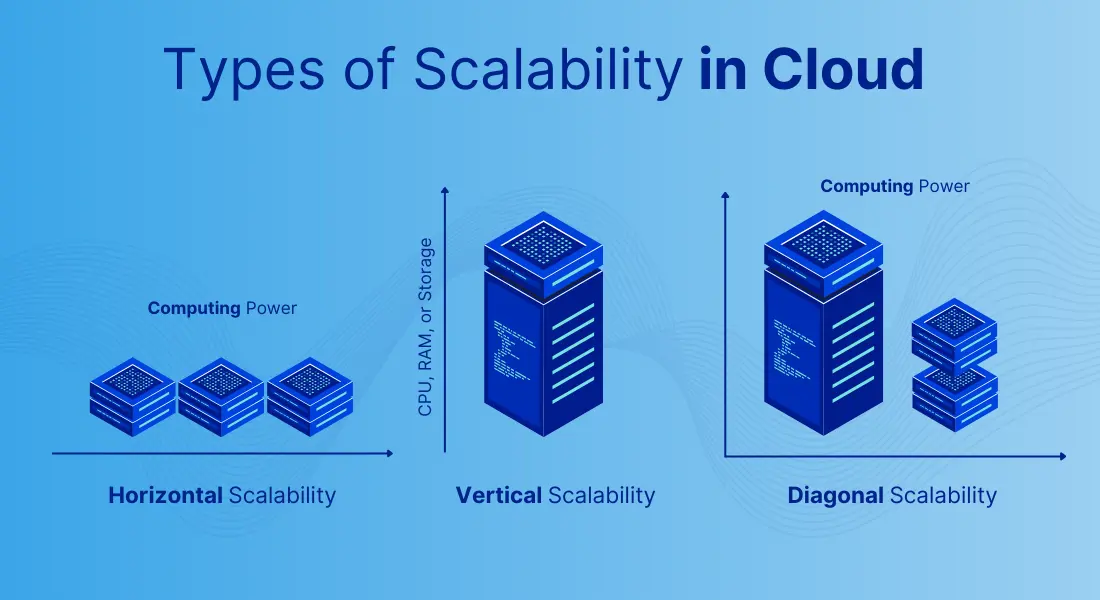The Key Benefits of Cloud Computing
Cloud computing has transformed the way businesses and individuals use technology. By delivering computing services over the internet — including servers, storage, databases, networking, and software — it offers unparalleled flexibility, scalability, and cost efficiency. Whether you are a small startup or a global enterprise, the cloud provides tools and services to meet your needs.
In this article, we’ll explore the core benefits of cloud computing and why it has become a foundation for modern IT infrastructure.
Cost Efficiency

One of the most significant advantages of cloud computing is its pay-as-you-go model. Instead of investing heavily in physical servers and data centers, you only pay for the resources you use. This reduces upfront costs and allows businesses to scale without large capital expenditures.
Key Points:
-
Eliminates hardware procurement costs.
-
Reduces maintenance and operational expenses.
-
Predictable monthly billing.
Scalability and Flexibility

Cloud services allow you to quickly scale resources up or down based on demand. This is particularly useful for businesses with seasonal spikes or rapidly changing workloads.
Example:
An e-commerce website can easily increase its computing capacity during holiday sales and scale back once traffic returns to normal.
Accessibility and Remote Work
Cloud computing enables access to resources from anywhere with an internet connection. This flexibility supports remote work, global collaboration, and 24/7 availability.
Key Points:
-
Access from laptops, tablets, or smartphones.
-
Real-time collaboration tools.
-
No dependency on a specific location.
Reliability, High Availability, and Disaster Recovery

Cloud providers design their infrastructure for high availability — meaning your services remain accessible with minimal downtime. By using redundant systems and geographically distributed data centers, cloud platforms can handle failures without interrupting operations.
Benefits:
High Availability (HA):
Many services come with SLAs guaranteeing 99.9% uptime or higher.
Redundancy:
Data is replicated across multiple availability zones.
Disaster Recovery:
Quick restoration of services after outages or natural disasters.
Automatic Backups:
Protection against accidental data loss.
Security
Leading cloud providers invest heavily in cybersecurity measures, including encryption, multi-factor authentication, and compliance with industry standards. While security is a shared responsibility, cloud infrastructure often offers more protection than many on-premises systems.
Innovation and Agility
Cloud platforms give access to advanced services like artificial intelligence (AI), machine learning (ML), big data analytics, and Internet of Things (IoT) without the need for complex on-premises setups. This fosters innovation and faster product development cycles.
Environmental Sustainability

By sharing computing resources across many users, cloud computing reduces the need for dedicated physical infrastructure, lowering energy consumption and carbon footprint.
Conclusion
Cloud computing offers a range of benefits — from cost savings and scalability to high availability and innovation potential. By leveraging the cloud, businesses can stay competitive, agile, and ready for the challenges of a digital-first world. Whether you are just starting your journey or expanding existing deployments, the cloud provides the foundation for growth.
